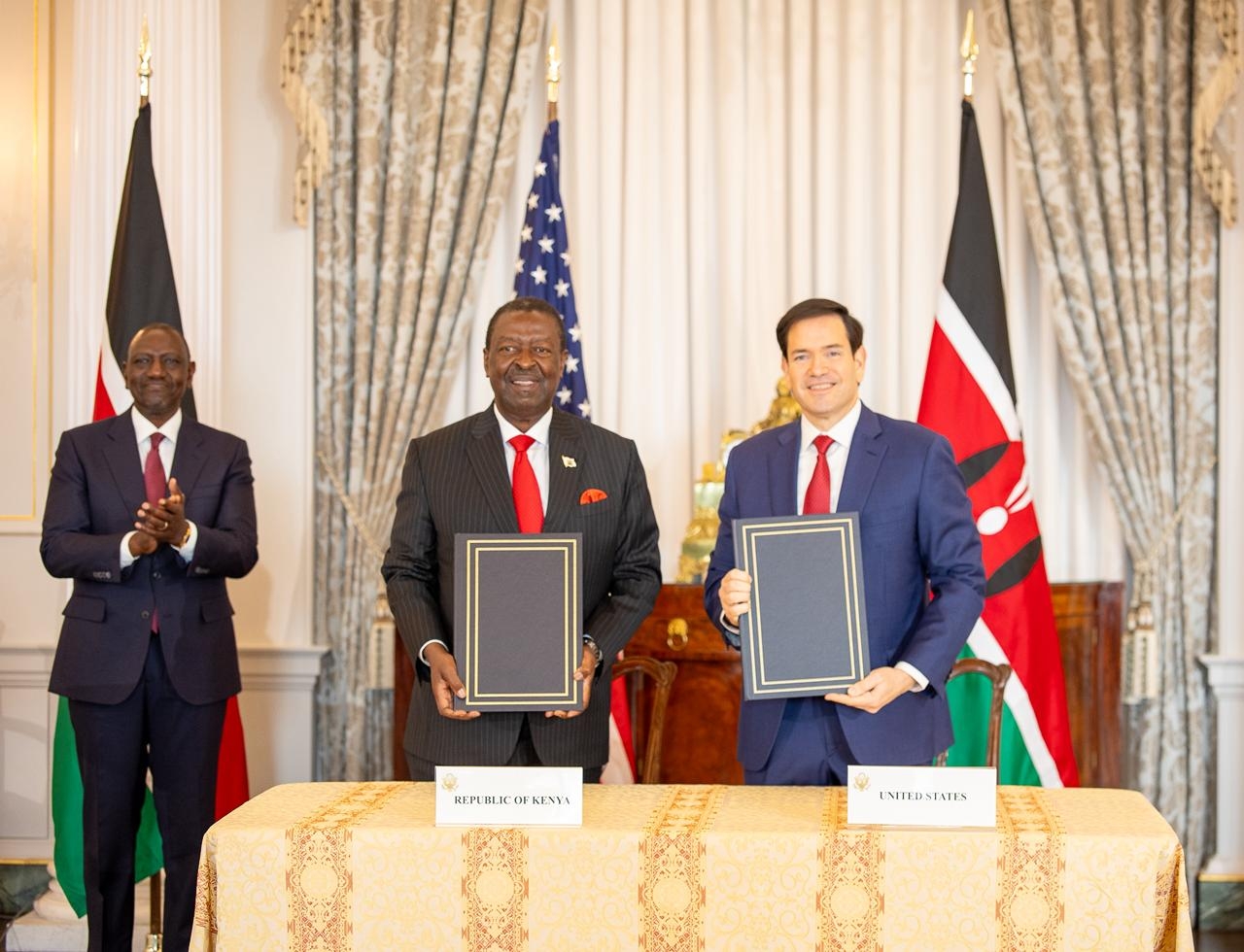Corruption and delay in processing criminal matters by the responsible agencies are the main challenges faced by the members of the public in accessing criminal justice in Kenya.
A study by the National Crime Research Centre (NCRC) revealed that a significant proportion of members of the public are not satisfied with the performance of the National Police Service (NPS) and the Ethics and Anti-Corruption Commission (EACC) in facilitating access to criminal justice in Kenya.
Though most Kenyans know what access to criminal justice entails, a significant proportion of them do not know some of the relevant actors and players in facilitating access to criminal justice in Kenya, including their roles and mandates.
The NCRC recommended enhanced public sensitization about the mandates of the Victim Protection Board, Government Chemist, Witness Protection Agency, Office of the Attorney General, and Office of the Director of Public Prosecution (ODPP).
The study sought to establish the knowledge levels of members of the public on access to criminal justice, members of the public’s perceptions and experiences on the effectiveness of the criminal justice actors in facilitating access to justice, and the challenges experienced by members of the public in accessing criminal justice.
The study established that most of the respondents (51.2 per cent) had contact with the criminal justice system in the past three years out of which the majority, 62.5 per cent, were victims of crime.
The key criminal justice actors or players identified by most respondents were the National Police Service (93.7 per cent), National Government Administration Officers (NGAO) at 77.7 per cent and the Judiciary (51.5 per cent).
“The findings of this study showed that most members of the public perceive the NGAOs as key players in the criminal justice system. Furthermore, the majority of the members of the public (6 out of 10) are satisfied with the performance of the NGAO in facilitating access to criminal justice in Kenya.”
“Therefore, there is the need to have their role enhanced and integrated in the criminal justice framework,” the report reads in part.
The inquiry was to establish the perceptions and experiences of the members of the public on accessing criminal justice in Kenya. It covered 20 counties.
On what constitutes access to criminal justice, most respondents mentioned the arrest of the accused (72.0 per cent, fair hearing (56.4 per cent), compensation of the victim (47.1 per cent), conviction of the accused (46.2 per cent), effective investigation (39.2 per cent) and quick completion of the criminal cases (18.2 per cent).
Correspondents said they were satisfied with NGAO (64.7 percent), The Department of Children's Service DCS (60.2 percent), followed by the Prisons and Judiciary with 55.4 and 49.2 per cent, respectively.
Conversely, they were not satisfied with NPS (64.2 per cent) and the EACC (46.8 per cent). Equally, most of the members of the public said that they were not sure of their satisfaction level with the Victim Protection Board (VPB), the Government Chemist, Witness Protection Agency (WPA) the Office of the Attorney General, and the DPP.
The main challenges faced by the members of the public in accessing criminal justice in Kenya is corruption (79.3 per cent) and delay in processing criminal matters by the responsible agencies including unreasonable adjournment of cases in court (47.6 per cent).
To reduce case backlog, the NCRC has recommended that the Judiciary increase the number of petty crime courts and enhance the adoption of the application of Alternative Dispute resolution mechanisms for petty crimes across the country.
The NCRC has also recommended that the capacity of the Court Users Committee (CUC) be enhanced as a way of promoting synergy among the criminal justice actors to significantly reduce the cumbersome bureaucratic processes.
Other significant challenges included investigation gaps, high cost of legal representation services, illiteracy, and lack of legal know-how among the general public, witnesses, or the accused.
There's also the problem of limited financial resources among witnesses, victims/complainants, or the accused, inadequate funding for legal aid services; witness and victim interference; and bureaucracy in criminal justice agencies.
The respondents recommended fostering integrity and accountability among the criminal justice actors/players (68.4 per cent).
Other key suggestions made were adequate financial resources to both victims, witnesses, and suspects to meet the costs involved in access to criminal justice (34.1 per cent) and adequate personnel within agencies involved in access to criminal justice (22.0 per cent).
Also, they proposed adequate financial resources to agencies involved in the access to criminal justice (21.0 per cent), adequate physical facilities within agencies involved in the access to criminal justice (17.7 per cent) , and effective legal and policy frameworks (15.2 percent).
On what constitutes access to criminal justice, compensation to the victim was reported by five out of 10 sample respondents.
“There is a need, therefore, for the Judiciary to institutionalize compensation orders in their sentencing regimes. The convicts or their kin should compensate the victims for the damages caused and legal fees spent,” NCRC also recommended.
The report wants to enhance free legal representation services to the vulnerable members of society and strengthen pro-bono legal representation services, especially to vulnerable groups such as the poor, women, and people living with disabilities.
It revealed that witness and victim interference was among the key challenges faced in the access to criminal justice in Kenya.
NCRC called for the strengthening of the WPA and the VPB.
















